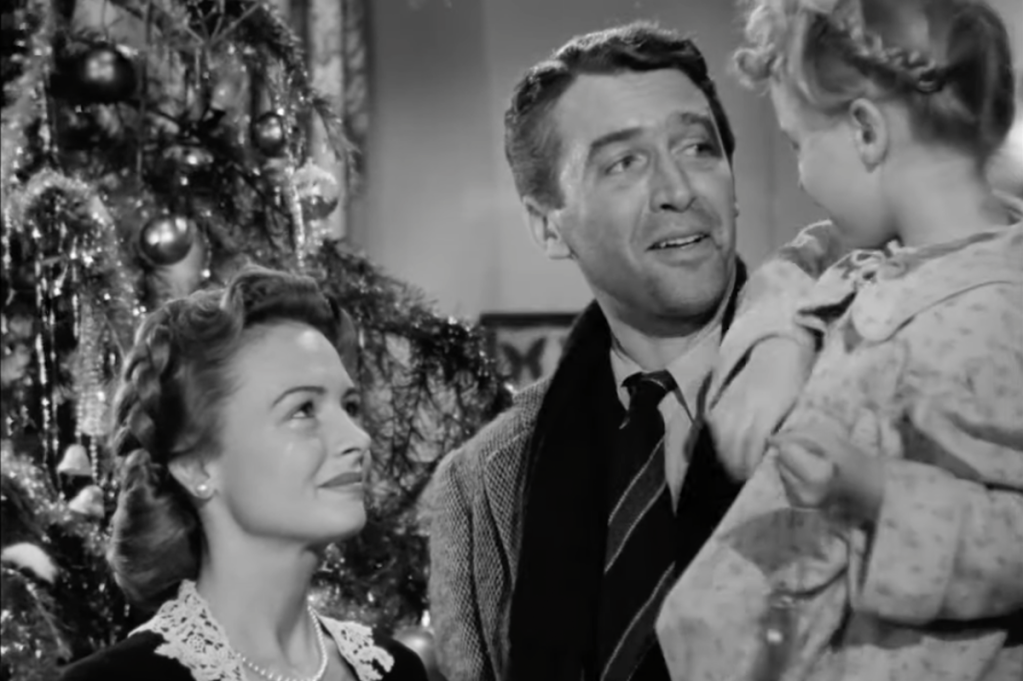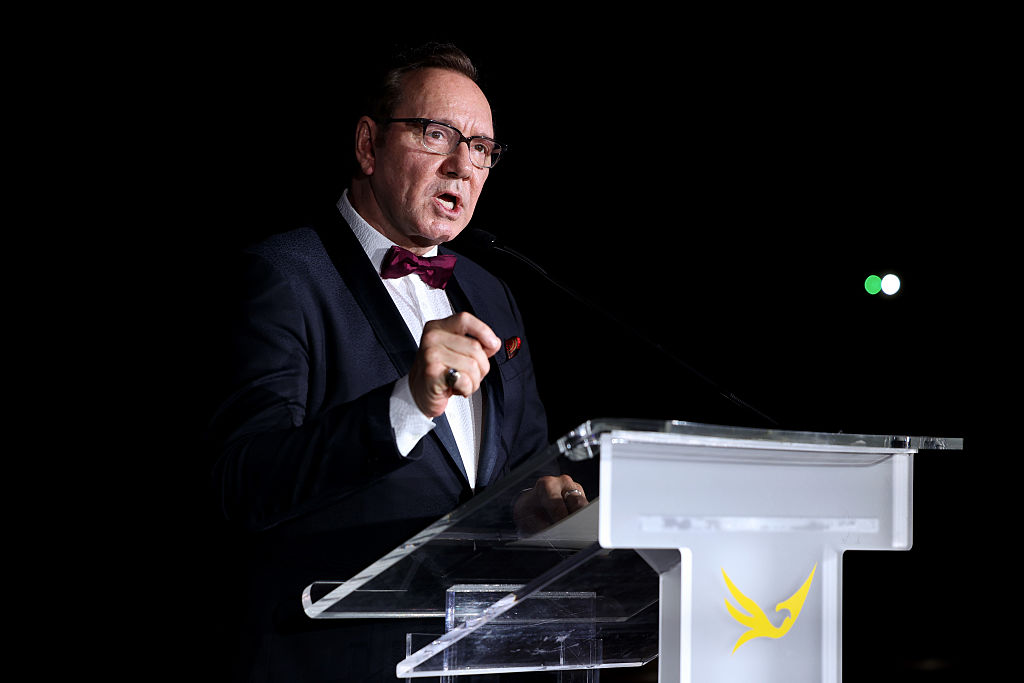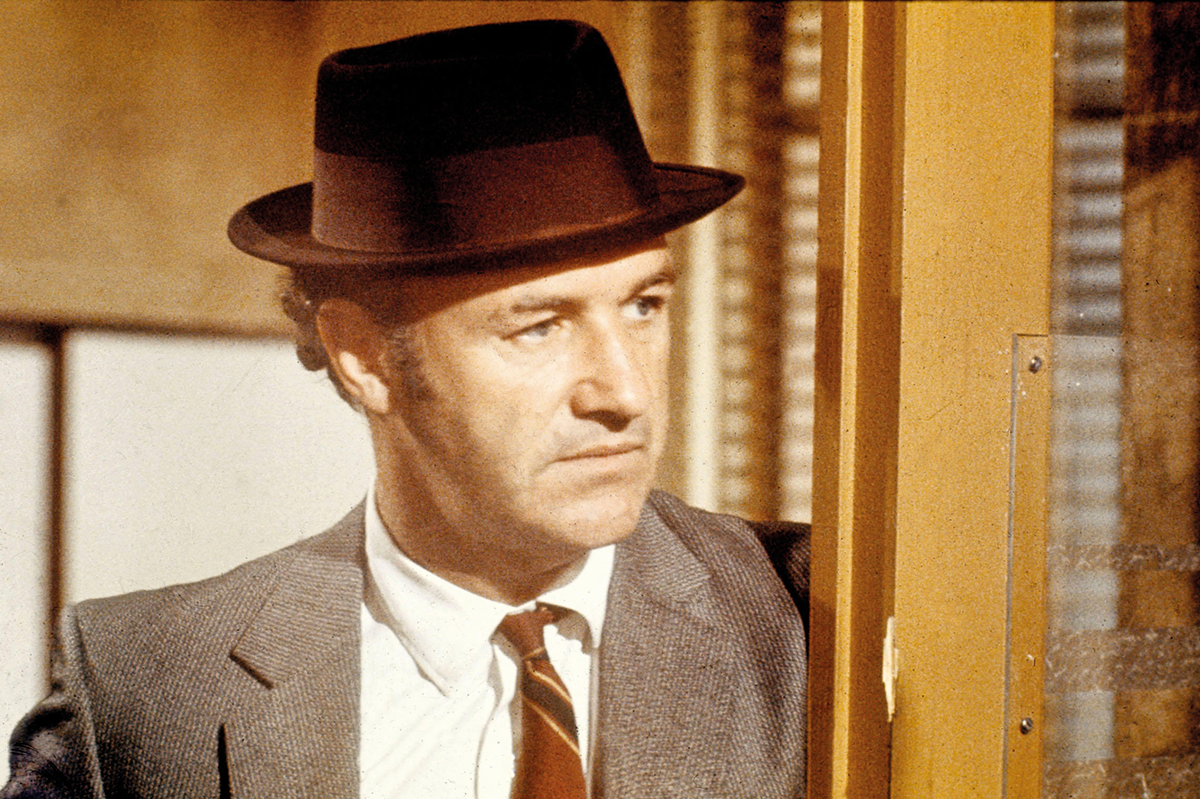Frank Capra was almost too embarrassed to pitch his greatest film to Jimmy Stewart. At the time, both men were veterans in a post-war slump. Capra was losing his first confidence in a shelved Cary Grant vehicle-that-wasn’t, a script that had been torturously adapted from a short story by a fractious committee of writers. He stumbled through the premise for Stewart, trying to explain that the story starts in Heaven, and it’s about this fellow who thinks he’s a failure in life, so an angel named Clarence has to come down and stop him from jumping off a bridge, except Clarence can’t swim so the fellow has to save him… Here Capra paused, mopping his brow to confess, “This doesn’t tell very well, does it?”
Happily for American cinema, Stewart was undeterred, and the rest was film history — which, for It’s a Wonderful Life, would be vitally bound up with TV history as it slipped into the public domain in 1974. Roger Ebert noted the irony that the garish colorized version would become copyrighted, prompting studios to outbid each other for fool’s gold when the real thing was sitting there free for the broadcasting. Today, it’s survived only as an extras curio on home video, including this year’s seventy-fifth anniversary release. Catholic critic Stephen Greydanus praises the stunning new 4K restoration but laments the overall thin package, which doesn’t even include a full-length documentary or audio commentary.
The film has certainly prompted no shortage of takes to explore, including contradictory assessments of its iconic hero’s legacy. It was infamously investigated by the HUAC in its own day, only for Patrick Deneen to damn George Bailey in hindsight as no less a destructive capitalist than the evil Mr. Potter, because the houses in Bailey Park don’t have front porches. After all this time, it seems poor George still can’t win. He is neither capitalist enough for the McCarthyites nor revolutionary enough for the crunchies. He is just as John Charles Moffitt described him in response to the HUAC’s cross-examination: a plain, ordinary businessman, exposing the dark side of capitalism while using his own capital for good.
Indeed, so far from being a socialist parable, the hero’s journey of George Bailey is a vivid illustration of Friedman’s TANSTAAFL. In Bedford Falls, some may be granted a lunch they could never afford on their own, but only because George is picking up the daily tab, his body and spirit feeling the daily toll. There are no money trees to resolve the crisis when the town makes its run on the bank. There is only trust, and grit, and one man’s honeymoon savings. It’s a sacrifice that seems supererogatory to the post-modern viewer, in an age where we no longer judge bright young men who walk away from dying towns and never look back. Perhaps this is because we know it is too late for even George Bailey to save them.
Some might argue that if only the government would do its job, there would be no need for George to carry the town on his shoulders. But this would be to miss entirely the true essence of George Bailey’s gift. It is not merely money that he offers to Bedford Falls. It is his character. It is his whole self. This gift is extended equally to the deserving and undeserving, to the hard-working small businessman and the town flirt on the edge of selling herself. When Violet takes George’s quietly risky small loan with the parting words, “I’m glad I know you, George Bailey,” she is not simply glad to know a man who can give her a little cash in a pinch. She is glad to have what the welfare state cannot give: a man concerned for her welfare.
And so the fable of George Bailey endures. For in George Bailey, we see our own fathers, our own brothers and husbands and sons. Of such men, nations are built. By such men, individual souls are still saved from ruin, even when the soul of the nation is past saving.

























